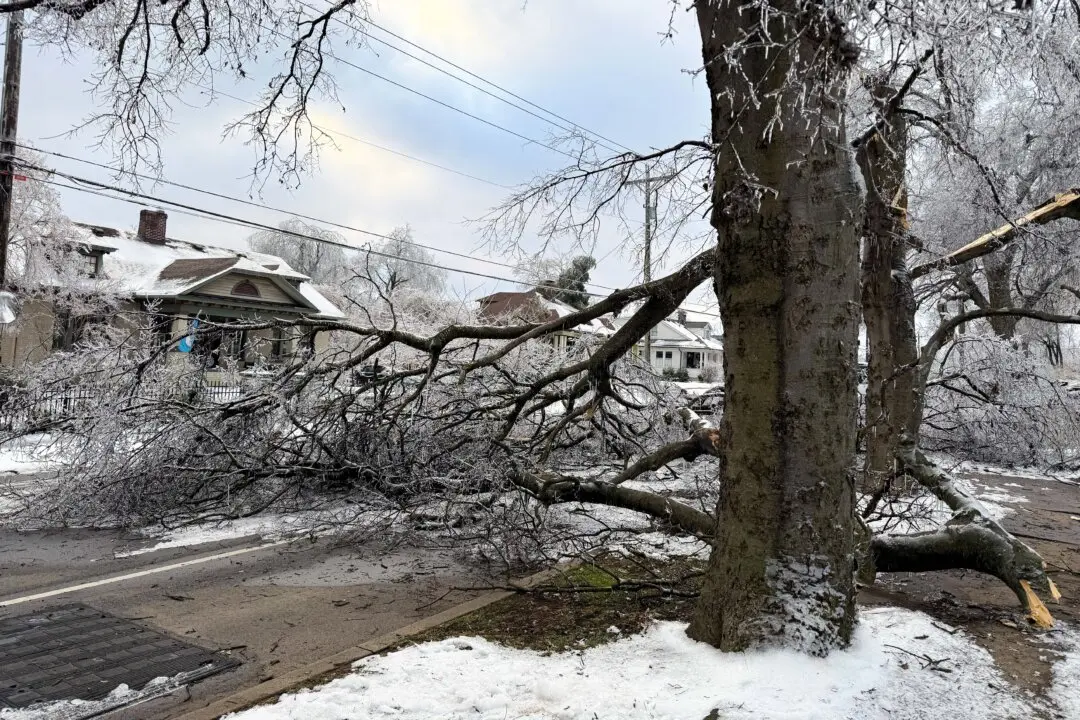The White House is pushing Republicans to pass a border security bill, touting its implications for the crisis at the border between the United States and Mexico.
The legislation, which is said to have bipartisan support in Congress and will likely come before lawmakers on May 23, has been touted as an agreement that has made significant policy changes and offered additional resources and personnel to secure the border.





